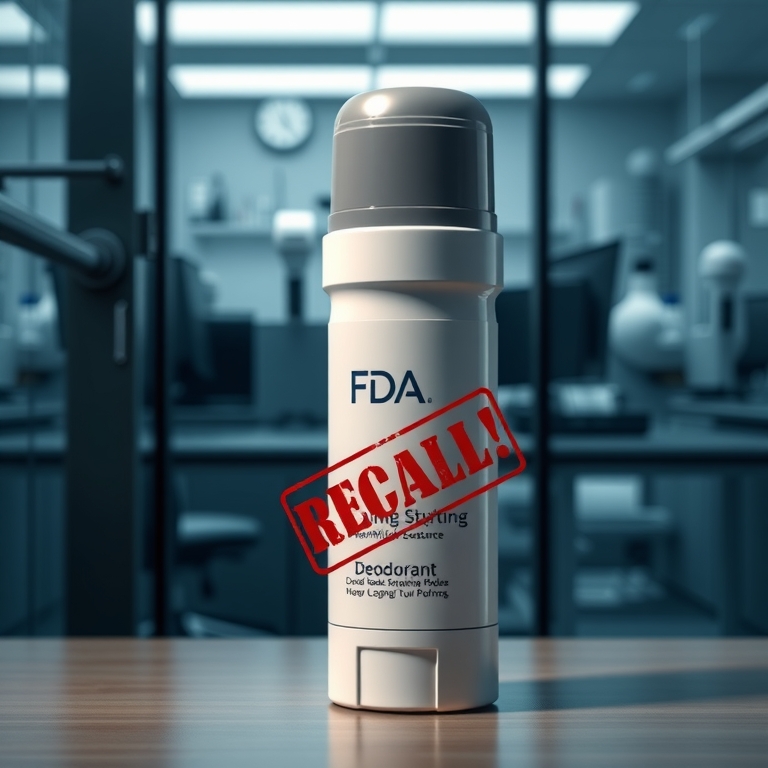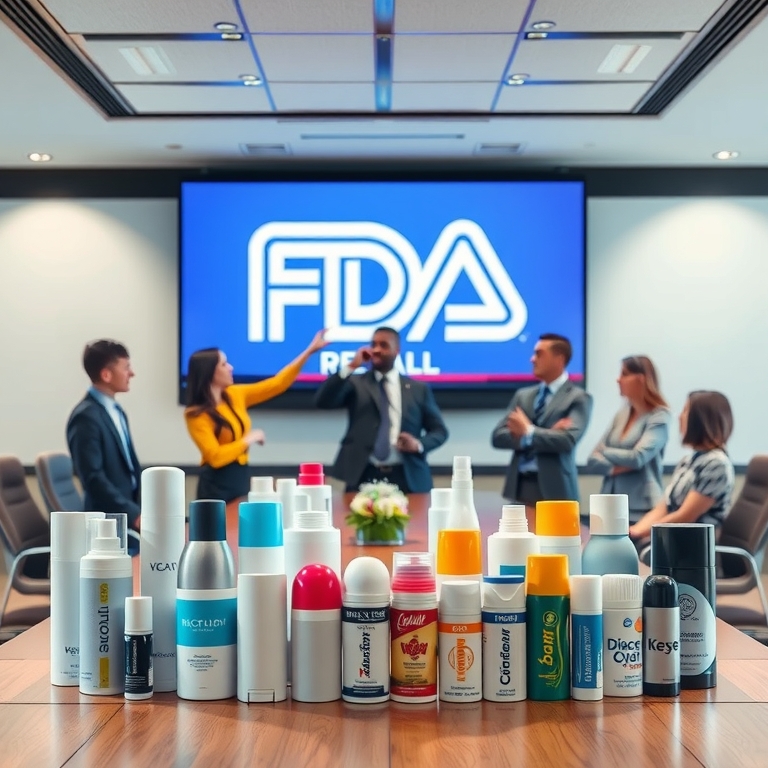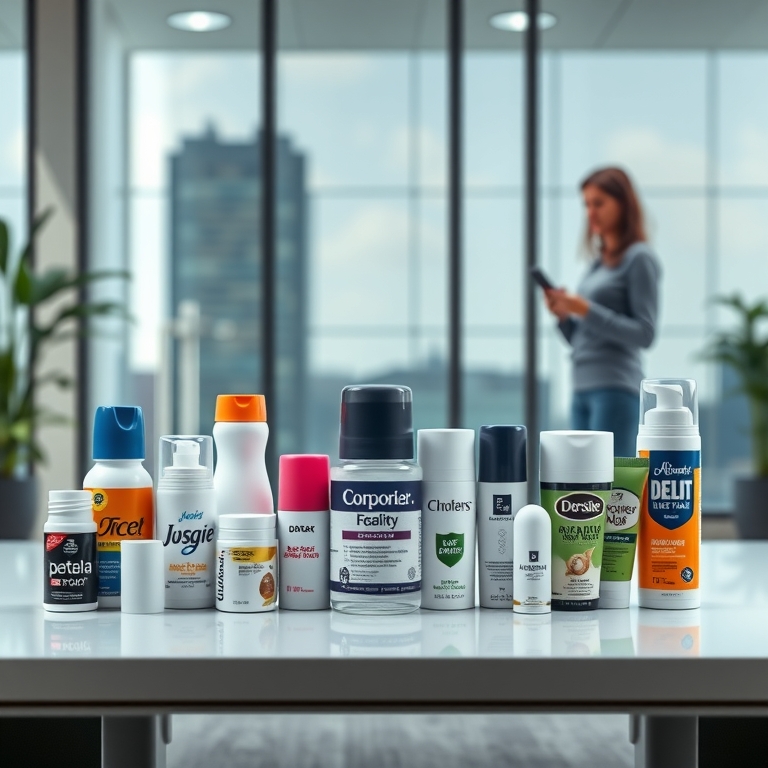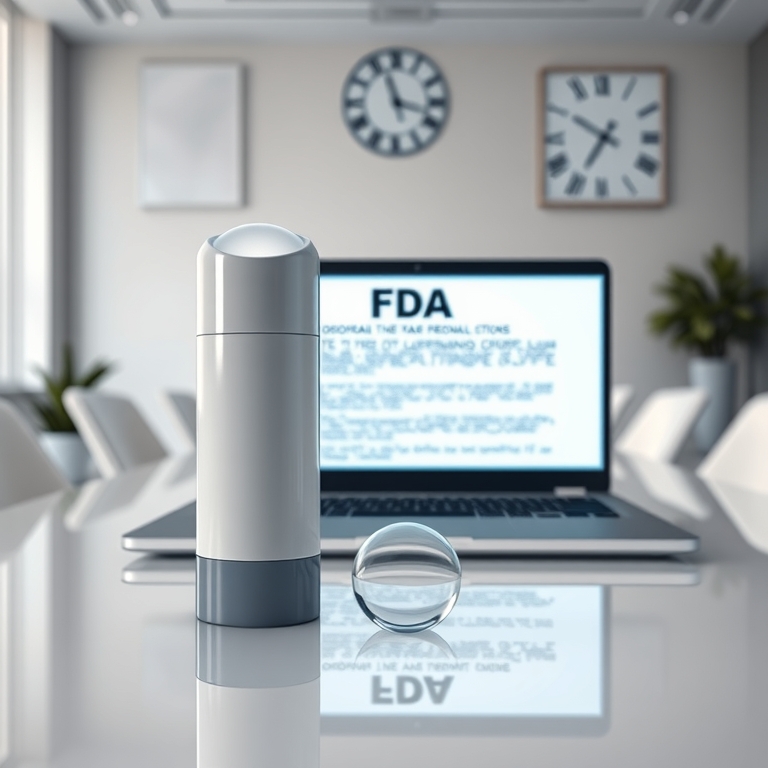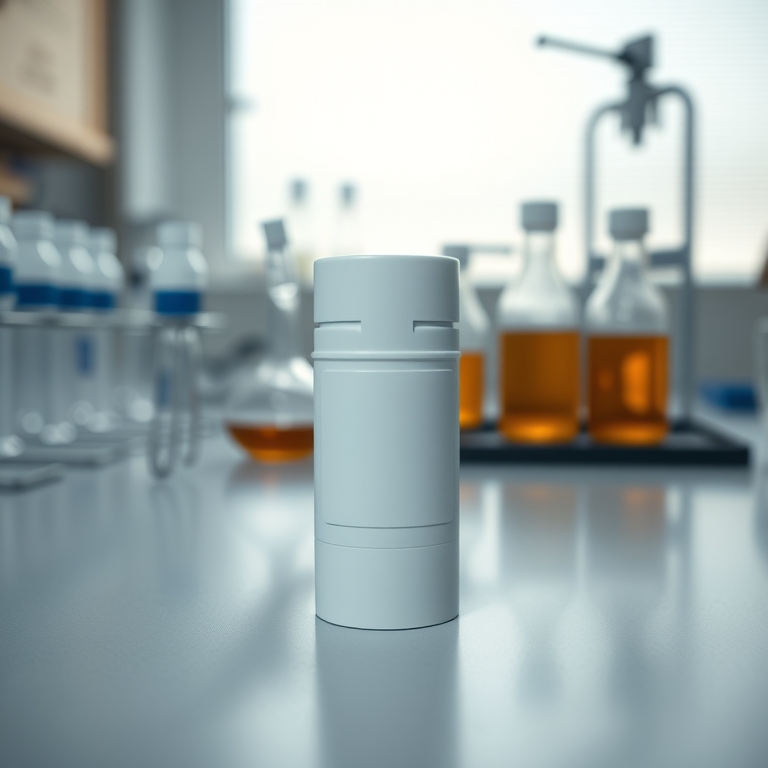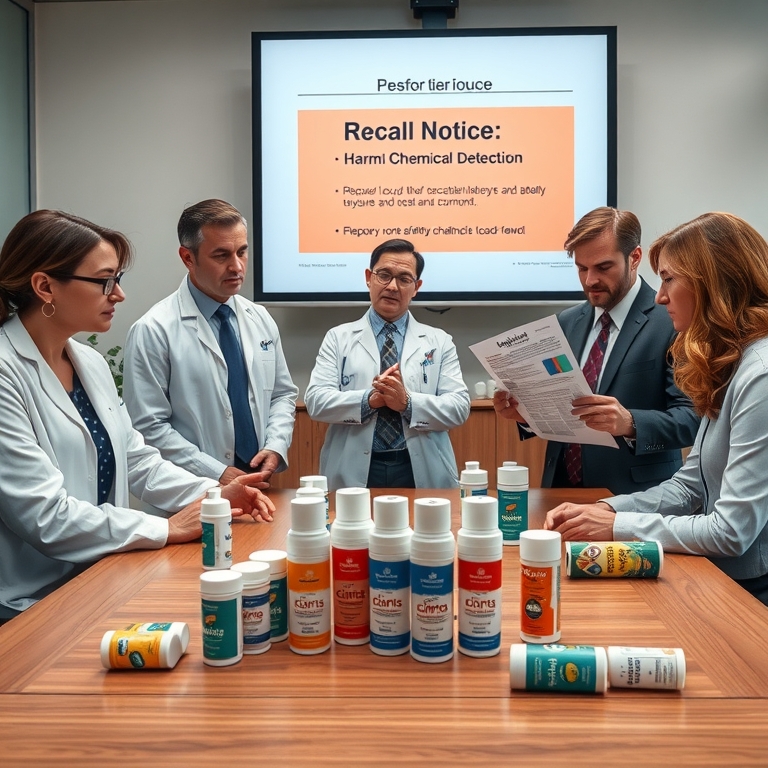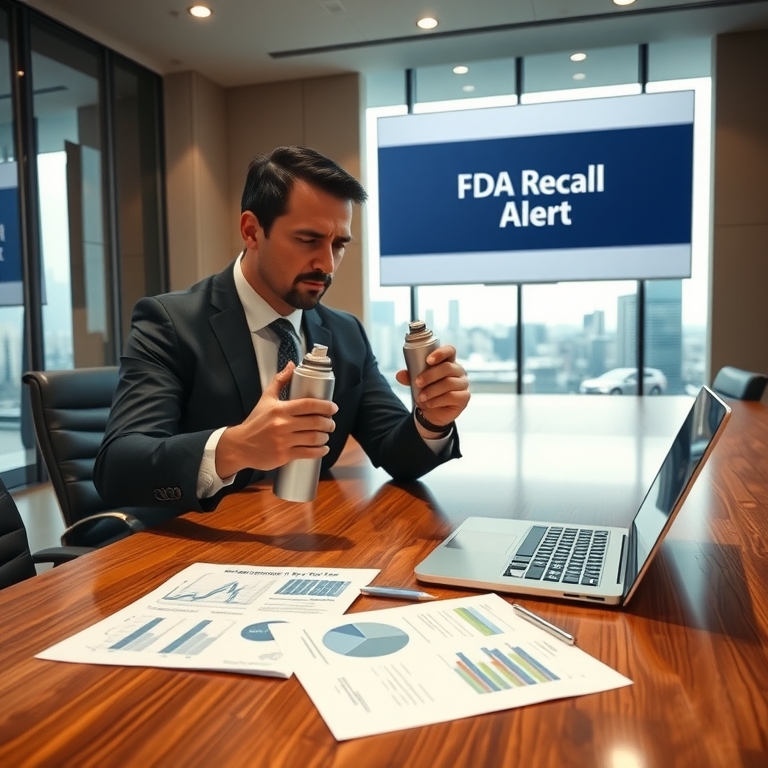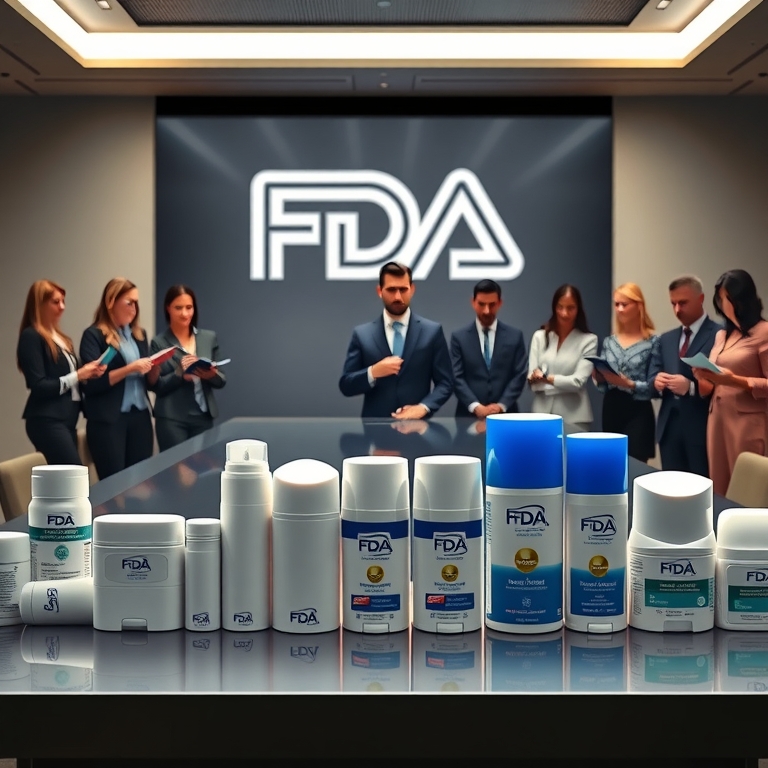In an unexpected move that has sent ripples through the personal care industry, the United States Food and Drug Administration (FDA) has issued a recall for several popular deodorant brands due to contamination concerns. The recall, announced this week, has ignited a significant conversation about product safety, consumer trust, and the stringent processes that govern the products Americans use daily. As the deodorant industry grapples with the implications of this recall, consumers are urged to exercise increased vigilance, highlighting the critical role of transparency and accountability in maintaining public health.
The FDA’s decision to recall these deodorant brands was prompted by the detection of potentially harmful substances during routine testing. While the specific contaminants have not been disclosed to the public, the agency emphasized that the levels detected pose a risk to consumer health if used over extended periods. This recall underscores the FDA’s commitment to protecting consumers from products that fail to meet safety standards, even as it prompts questions about the supply chain practices that may have led to such contamination.
At the heart of this issue is the complex and often opaque supply chain process that governs the production of personal care items. Deodorants, a staple in personal hygiene routines, undergo numerous stages of manufacturing, from sourcing raw materials to packaging the final product. Each step presents opportunities for contaminants to enter the product, whether through the use of substandard materials, inadequate quality control measures, or insufficient oversight of production facilities. The FDA’s recall serves as a stark reminder of the importance of maintaining rigorous standards and monitoring at every stage of production.
The recall has placed the affected brands under intense scrutiny, with consumers and industry analysts alike demanding greater transparency about the origins of the contamination. In response, several companies have pledged to conduct thorough internal investigations to identify and address the root causes of the contamination. These efforts aim not only to restore consumer confidence but also to ensure that similar incidents do not occur in the future. However, the path to regaining trust is fraught with challenges, as consumers increasingly demand accountability and tangible actions rather than mere assurances.
For the deodorant industry, this recall represents a pivotal moment that could reshape consumer perceptions and purchasing behaviors. As the public’s awareness of product safety grows, companies may find themselves compelled to adopt more rigorous testing protocols and to disclose more detailed information about their manufacturing processes. This push for enhanced transparency could drive innovation within the industry, as brands seek to differentiate themselves by prioritizing safety and quality.
In the wake of the recall, consumer advocacy groups have also intensified their efforts to educate the public about the importance of scrutinizing personal care products. These organizations are calling for clearer labeling and more comprehensive ingredient disclosures, which could empower consumers to make informed choices about the products they use. The recall has sparked a broader dialogue about the role of regulation and oversight in safeguarding public health, with some advocating for stricter regulations and more frequent inspections of manufacturing facilities.
Amidst the uncertainty, the FDA’s recall serves as a critical reminder of the agency’s role in upholding public safety. The FDA’s actions demonstrate its readiness to intervene when products fail to meet established safety standards, reinforcing its commitment to protecting consumers. As the investigation into the contamination unfolds, the FDA has urged consumers to remain vigilant and to report any adverse reactions associated with the recalled products. This call to action highlights the importance of consumer involvement in the regulatory process and the agency’s reliance on public input to identify and address potential health risks.
For consumers, the recall may prompt a reevaluation of their personal care routines and a renewed focus on product safety. As awareness of potential risks increases, individuals may become more discerning in their purchasing decisions, opting for brands that prioritize transparency and safety. This shift in consumer behavior could have lasting implications for the industry, as companies are compelled to adapt to meet changing expectations.
In conclusion, the FDA’s recall of several deodorant brands due to contamination concerns marks a significant moment for the personal care industry. This development underscores the critical importance of maintaining stringent safety standards and the need for transparency and accountability in product manufacturing. As the industry navigates the challenges posed by the recall, the role of consumer vigilance and regulatory oversight will be paramount in ensuring that personal care products remain safe and trustworthy. The coming months will undoubtedly be a period of reflection and transformation for both the industry and consumers, as they work together to uphold the highest standards of safety and quality in personal care.


